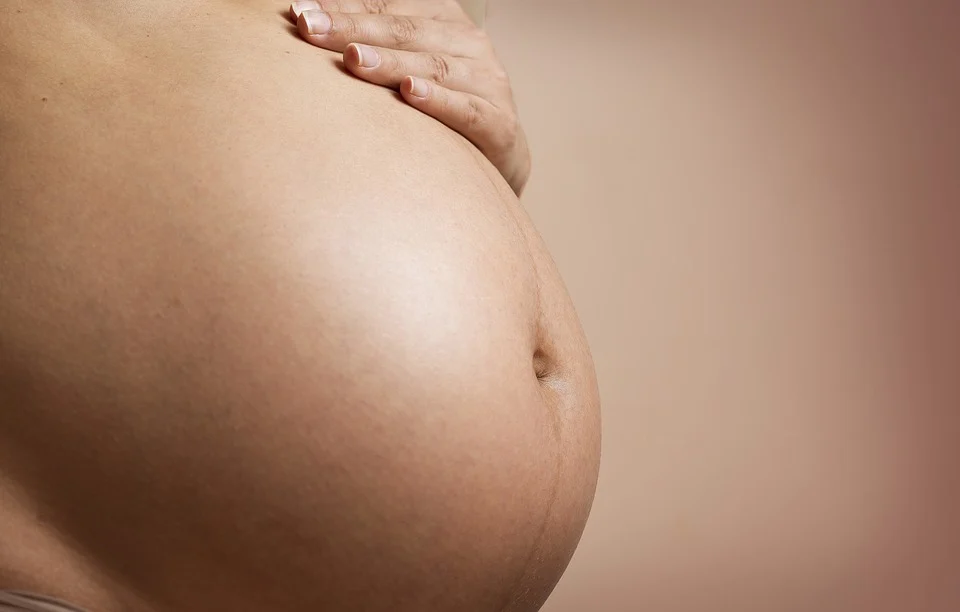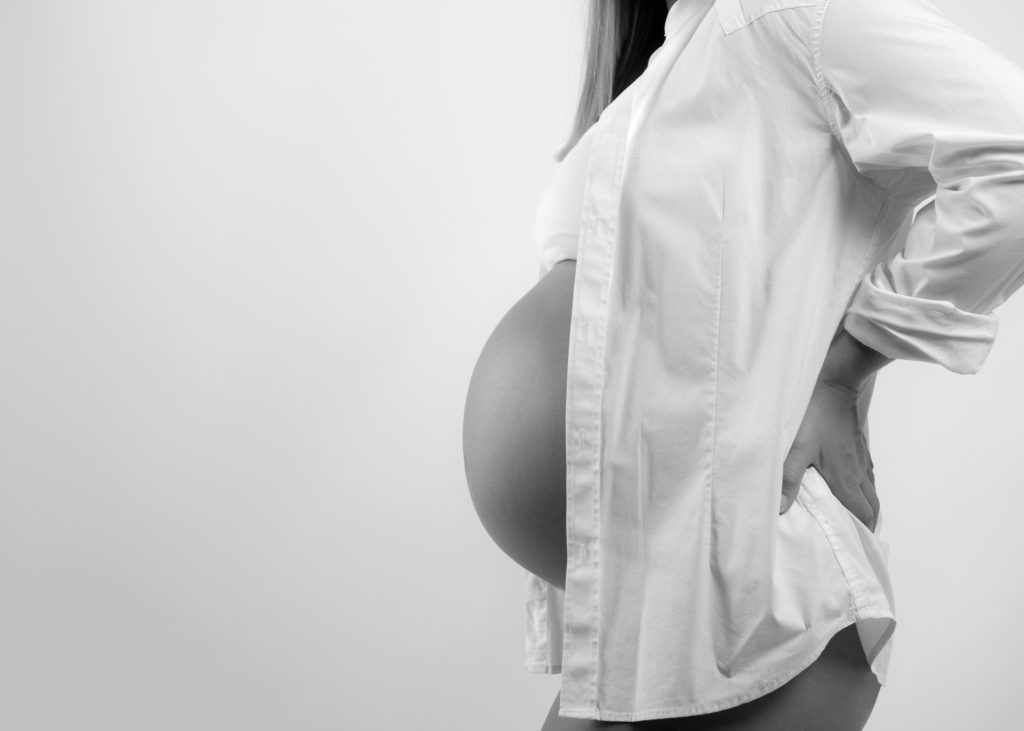Pregnancy is a process that takes place over nine months, during which time the body undergoes some changes. These changes are designed to accommodate the developing fetus and prepare the body for childbirth. From hormonal shifts to physical transformations—including those affecting intimate areas—pregnancy can impact your body in surprising ways.
As Pregnancy progresses, the hormone levels in the body increase, leading to mood swings and other emotional changes. It is not uncommon for women to feel more weepy or sensitive during Pregnancy. These changes are normal and are the body’s way of adjusting to the new life growing inside them. A few of the most common changes are :
Enlarged uterus:
During pregnancy, the uterus expands to accommodate the growing fetus. This can cause some discomfort, as the enlarged uterus pressures the bladder, resulting in frequent trips to the bathroom. As the days progress and the baby grows larger, this pressure increases, and many women find it difficult to sleep through the night without waking up to use the restroom.
Hair growth:
Pregnant women are also more susceptible to developing ingrown pubic hair due to increased hormones in their bodies. These hormones cause the hair follicles to swell, making it more likely for the hair to become trapped under the skin. In addition, the extra weight and pressure on the pubic area can also contribute to ingrown hairs.
The breasts:
The breasts also change during Pregnancy, preparing to produce milk for the baby. The nipples may become darker and more pronounced, and the breasts feel tender or tingly. These changes are all normal and are the body’s way of getting ready to nourish the baby.
Weight gain:
Weight gain is another common change that occurs during Pregnancy. The average woman gains between 25 and 35 pounds during Pregnancy, although this can vary depending on many factors, such as pre-pregnancy weight, height, and build.
What are the different stages of Pregnancy?
Pregnancy is divided into three stages: the first trimester, the second trimester, and the third trimester. Each trimester is marked by different changes in the pregnant woman’s body and the development of the fetus. Understanding these changes can help you better prepare for your child’s birth.
The first trimester:
The first trimester is from week one through week 12 and is the most crucial time in fetal development. During this time, all of the baby’s major organs and systems develop. The heart begins to beat around week six, and brain waves can be detected by week nine.
All of the baby’s essential organs are present by the end of the first trimester, even though they are not yet fully developed.
The second trimester:
The second trimester is from week 13 through week 28. This is when the fetus grows the most and when pregnant women often feel their best. The baby’s bones begin to harden, and muscles and fat develop. By week 20, the baby is fully formed, and by week 28, all systems are functional.
The third trimester:
The third trimester is from week 29 through week 40. This is when the baby continues to grow and gain weight. The lungs are the last organs to develop, and they are not fully mature until around week 37. From week 32 onwards, the baby begins to practice breathing movements. By week 40, the baby is considered full-term and is ready to be born.
Conclusion:
As the due date approaches, many women feel anxious or stressed about the upcoming labor and delivery. This is perfectly normal, and several things can be done to help ease these nerves, such as reading up on labor and delivery or attending a childbirth class.



